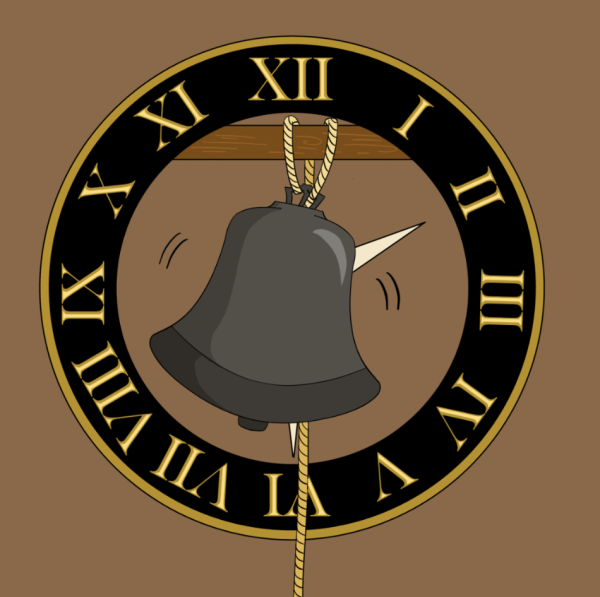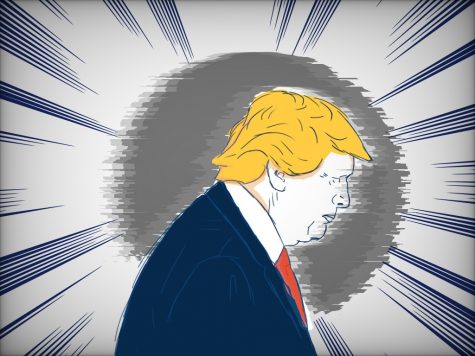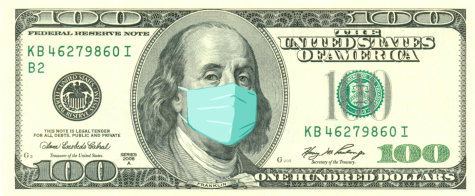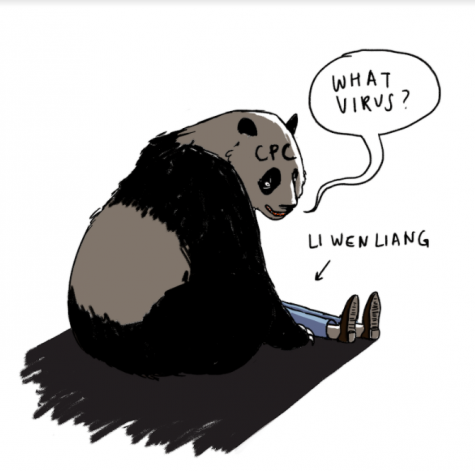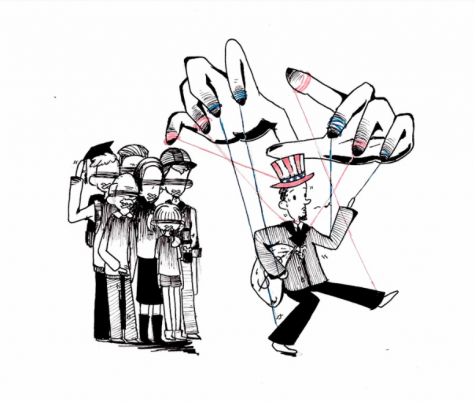When the FCC Got Its Way, We Lost More Than Net Neutrality
What is the Internet? It is a tool for discovery. It is a tool for creators. It stimulates and facilitates modern human progress. The Internet is not only wonderful, but also a necessity in this day and age. This necessity led the net to be classified as a Title II service under the Obama administration, and this was the beginning of net neutrality. Net neutrality bans internet service providers from prioritizing certain Internet traffic – for example, Comcast could not slow down a competitor’s website in hopes of discouraging customers to compare service packages in a net-neutral environment. Under Title II, Internet Service Providers, or ISPs, are also banned from zero-rating, the practice of allowing access to certain websites for free while charging for access to others. Sound fair? I agree, but the Federal Communications Commission, or FCC, doesn’t. In December, they voted 3-2 to remove the rules of net neutrality.
FCC Chairman Ajit Pai passed the repeal along party lines and in spite of tremendous public backlash. A similar bill from 2014 was supported heavily by– you guessed it– then-commissioner Ajit Pai. Public outrage was the widespread response then, and it seems that history has repeated itself. This time around, many left-leaning talk show hosts have rallied their viewers against Pai’s cause. For instance, John Oliver created a petition site, humorously called GoFCCYourself.com, which received so much initial traffic that it crashed the FCC’s website. Alongside that, there have been a host of Change.org petitions against a net neutrality repeal bill. Just the first page of results on Change.org for “net neutrality’’ (excluding those that were signed for the 2014 bill) has more than 750,000 signatures. Even accounting for fabricated signatures, this number helps demonstrate that public opinion has not changed.
You may be asking yourselves: “Why do I care? I don’t pay my internet bill, my parents do.” Well, to answer that, I say that the FCC’s repeal of the net neutrality rule would have ramifications outside a simple monthly fee and a change in service plan structure. It would signify that this administration cares less about the will of the people and more about large corporations—in this case Verizon, AT&T and Time Warner. Small businesses, the startups, entrepreneurs, and mom & pop shops, would take the brunt of the blow. If equality is a hallmark of democracy, how are we honoring it by passing legislation that benefits an extremely small group of telecommunications executives at the cost of the rest of the population?
The repeal will signify a weakening of the power of the people. This type of tyrannical act is a serious threat to democracy. The FCC needs to preserve net neutrality not only because of the detrimental effect on free speech, journalism, and discovery, but also because it is simply what the people explicitly desire. Make no mistake: the moment that our government stops serving the interests of the people is the moment our democracy dies.






